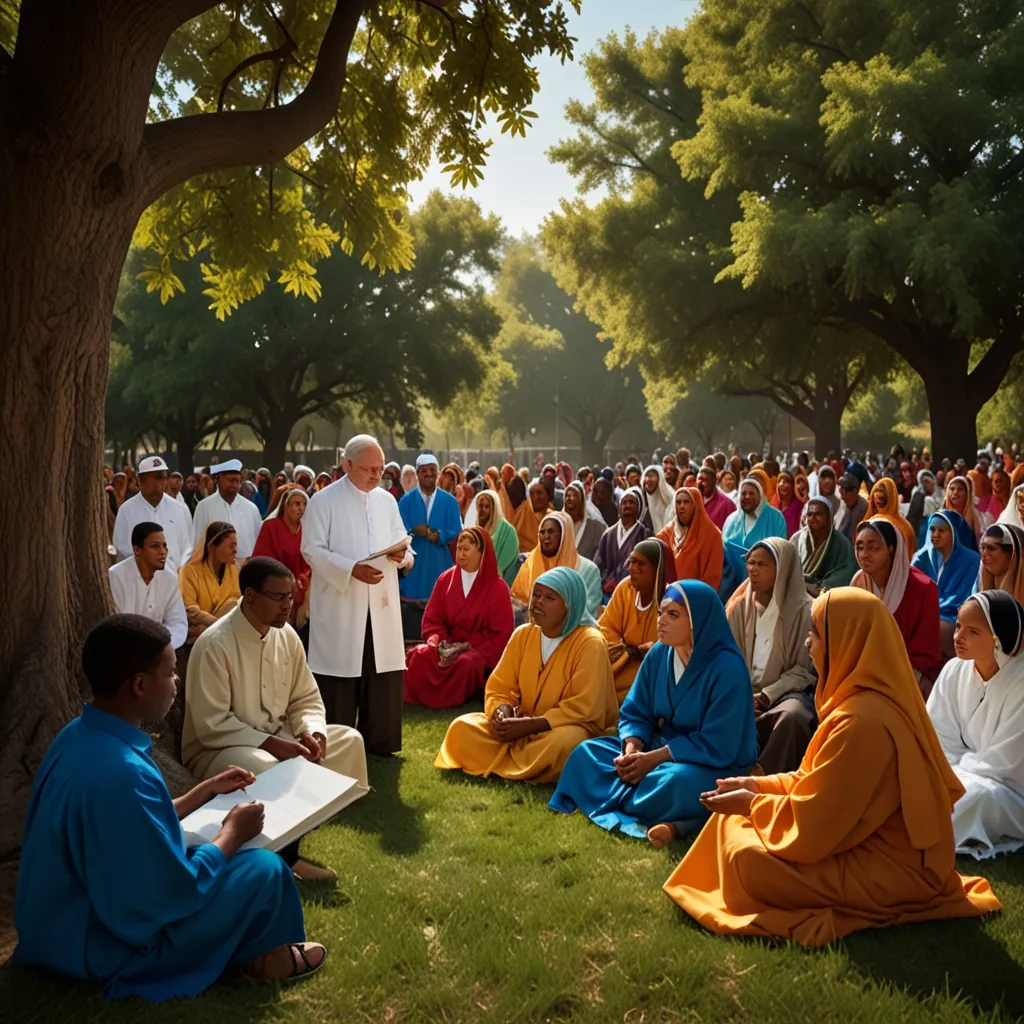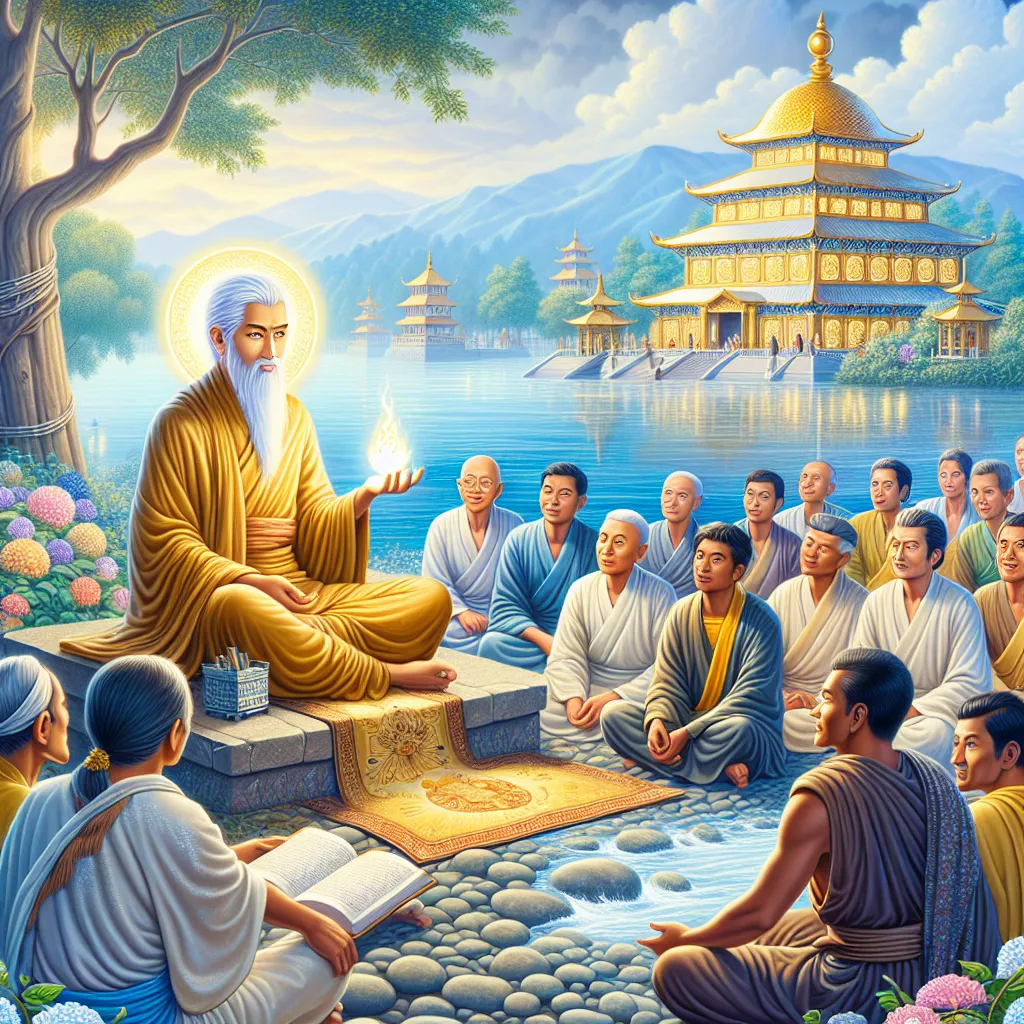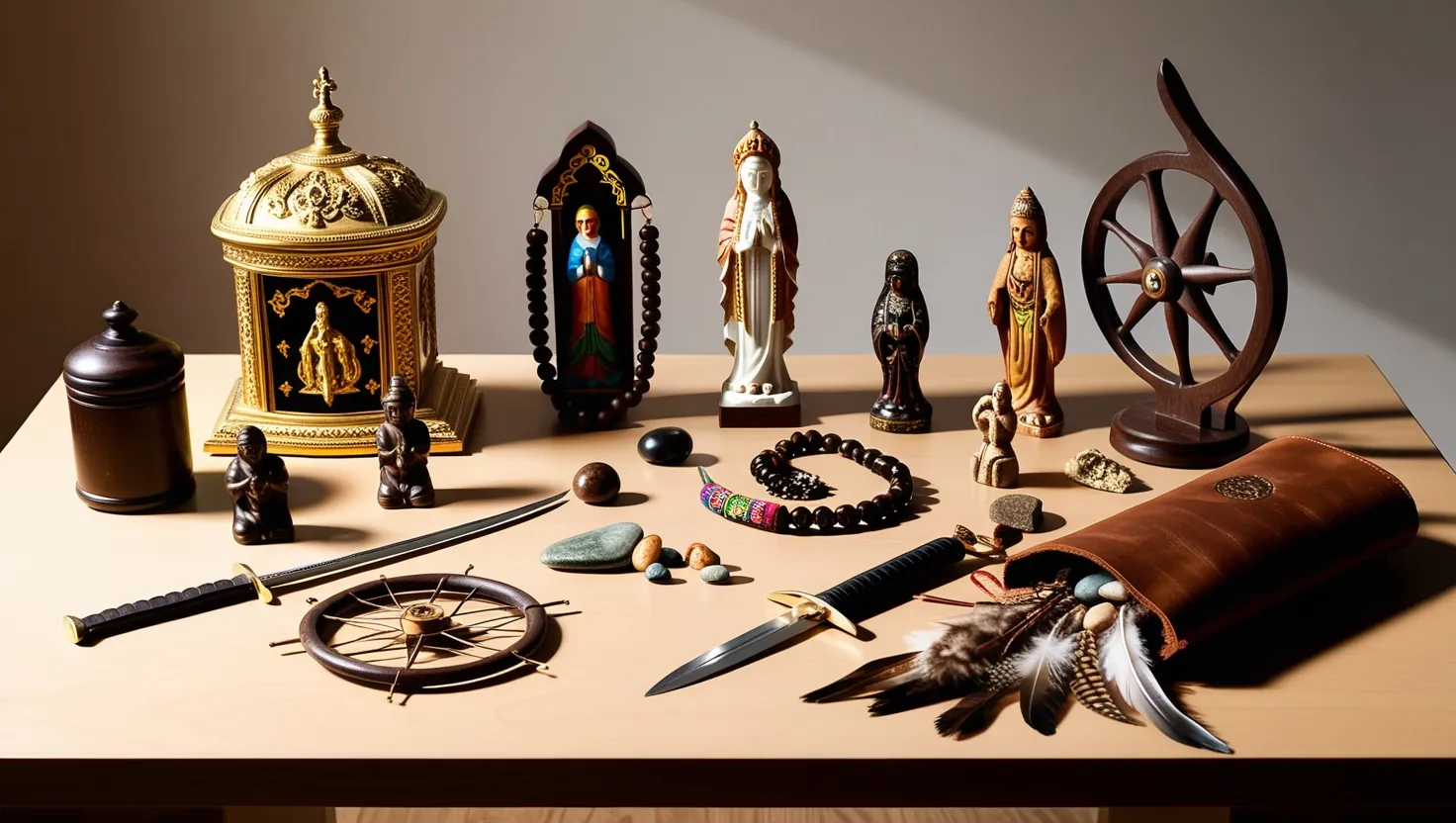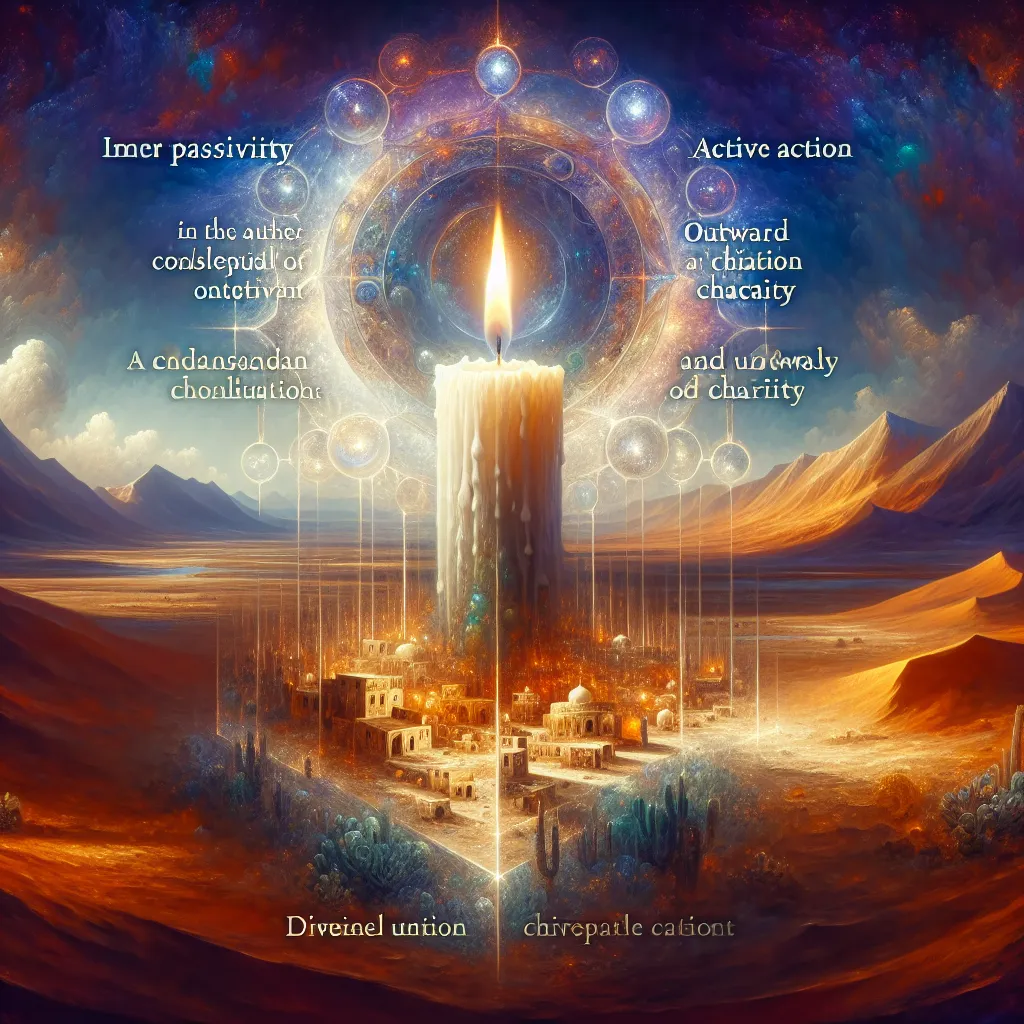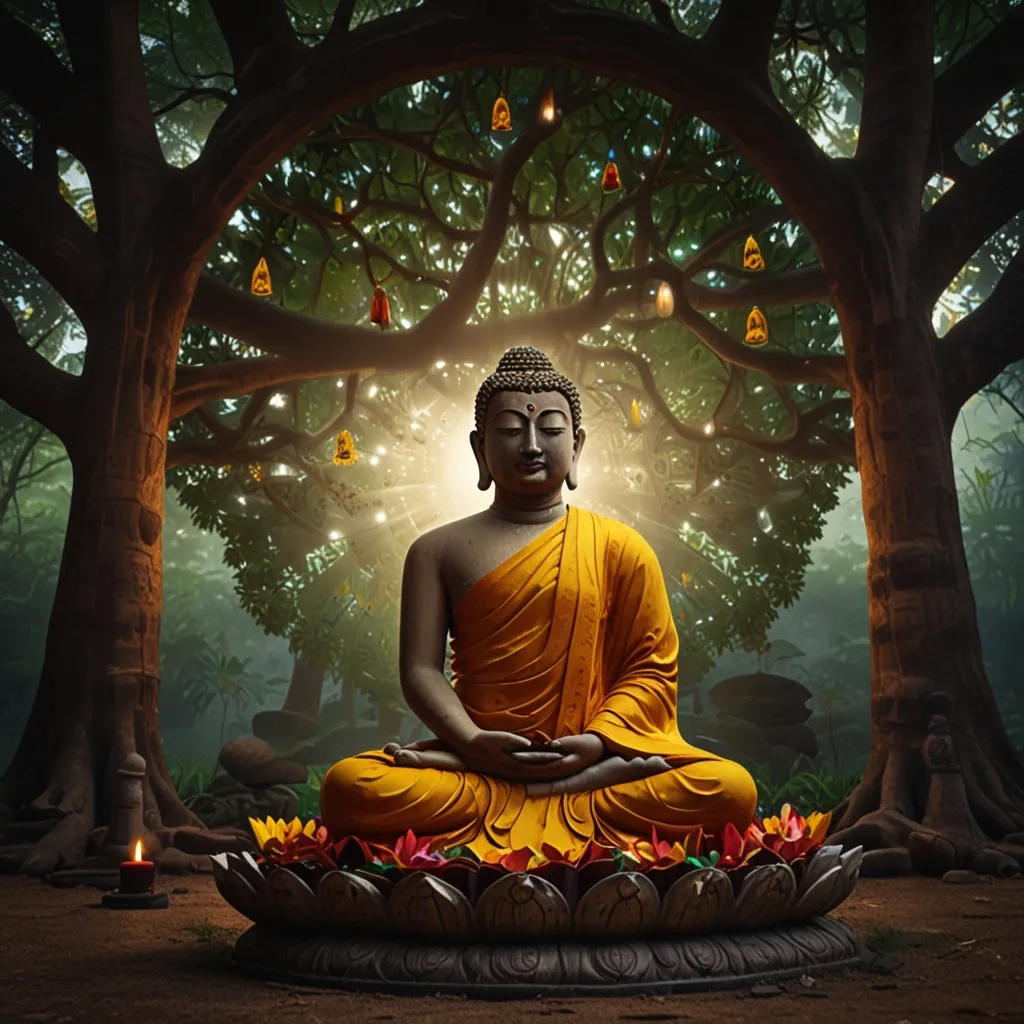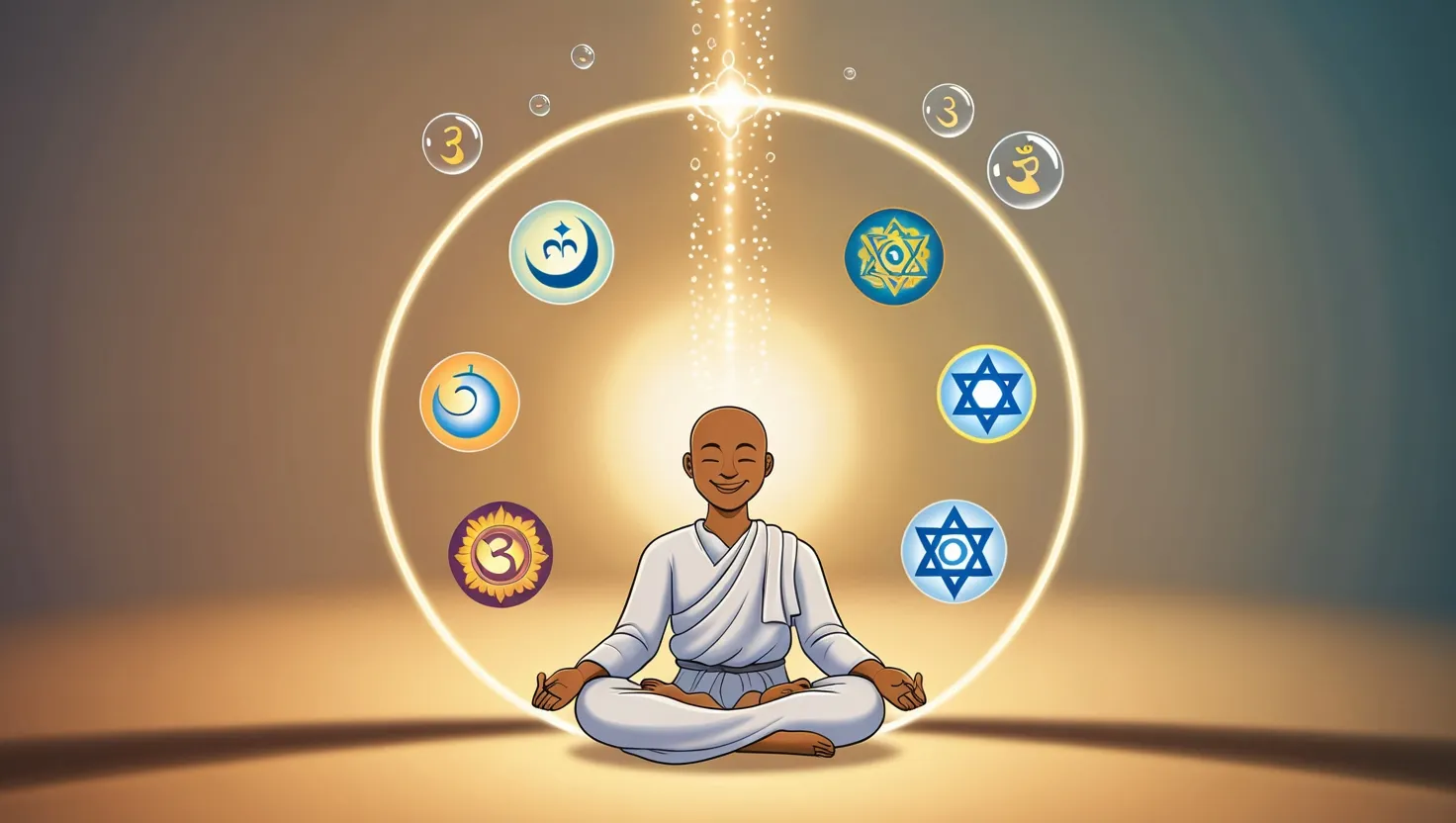Religion and science have been in a dance-off for ages, but it’s much more intricate than a simple face-off. Different religious groups see science, especially evolution, through their unique lenses, all influenced by their culture, history, and beliefs.
Take America, for example. People’s views on evolution here are greatly shaped by their faith. Pew Research Center did a survey and found some pretty interesting stats. A big chunk of Americans are cool with evolution, but it isn’t the same across the board. Most folks without any religious ties or white Catholics and mainline Protestants accept evolution. But, look at white evangelical Protestants, and only about a third are on board, with many sticking to the idea that humans have always been as they are.
How often someone hits the church pews also shakes things up. Those who frequent services are generally more skeptical about evolution. The belief that scientists are all on the same page about evolution also varies a lot. Unaffiliated people and Catholics mostly think scientists agree, but white evangelical Protestants are pretty split on this.
Various religious groups have formally stated evolution isn’t a deal-breaker for their faith. The Presbyterian Church, for instance, sees no clash between evolution and God as the Creator. The Catholic Church also leans toward accepting evolution, recognizing its growing impact on science.
Outside the Western bubble, the dynamics between religion and science change but stay just as intriguing. In Southeast Asia, Muslims often see science as fitting with their faith, but evolution can spark disagreements. Hindus think religion and science blend well, finding scientific concepts like those in their spiritual texts. Buddhists, meanwhile, keep religion and science in separate buckets, focusing more on moral lessons than scientific ones.
Looking across different cultures, people frequently use both natural and supernatural explanations for life’s mysteries. This mix isn’t seen as contradictory but rather complementary. For instance, in Northern Ireland, attitudes towards Christianity and science can get along just fine once extremist views are set aside.
The debate on whether religion and science are at odds or in sync isn’t going away any time soon. Some believe that forcing science and religion to duke it out just stirs up drama. Science and religion tackle different questions. Science digs for answers through evidence, while religion often ventures into realms beyond human understanding.
So, bottom line? Opinions about science and evolution are all over the place depending on people’s religious views and backgrounds. But many religious groups don’t see science as a faith-buster. It’s a complex web, showing just how diverse our understanding of the world can be.
